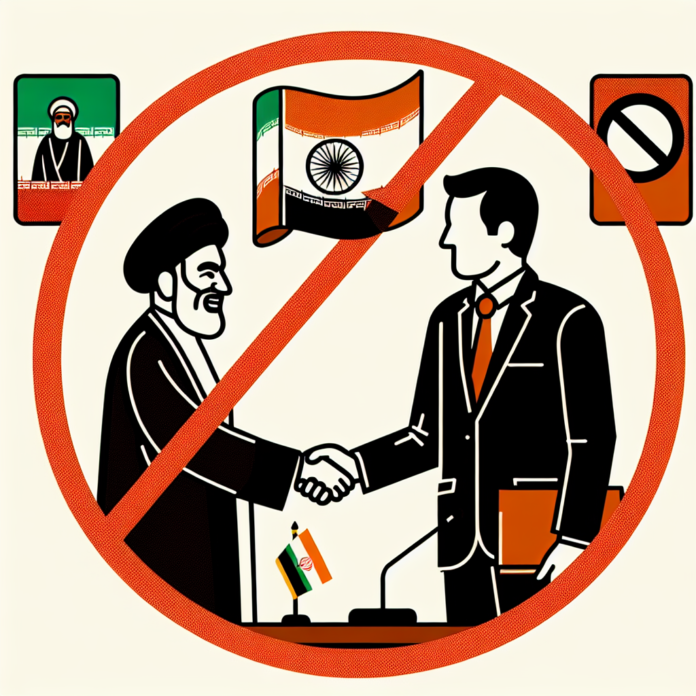Hezbollah Is a Political Party Not a Terrorist Group Claims Iran’s Envoy to India
Hezbollah is a Political Party, Not a Terrorist Group: Iran’s Envoy to India on Nasrallah
In a recent statement, Iran’s envoy to India emphasized that Hezbollah should be recognized as a political party rather than a terrorist organization. This viewpoint, he argued, is crucial for understanding the broader geopolitical dynamics in the Middle East.
Context and Background
Hezbollah, which translates to “Party of God,” is a Shiite Muslim political and militant group based in Lebanon. Formed in the early 1980s with the support of Iran, Hezbollah has grown to become a significant force in Lebanese politics. It maintains a robust social services network, including schools and hospitals, and commands a considerable following among Lebanon’s Shiite population.
International Designations
Despite its political and social activities, Hezbollah is designated as a terrorist organization by several countries, including the United States, Canada, and members of the European Union. These nations cite Hezbollah’s involvement in various attacks, its military prowess, and its alleged ties to other militant groups.
The Iranian Perspective
Iran’s stance, as articulated by its envoy to India, diverges sharply from those of Western nations. According to Tehran, Hezbollah is a legitimate resistance movement, primarily focused on defending Lebanon from external threats, particularly Israel. Iran contends that labeling Hezbollah as a terrorist group undermines its political legitimacy and ignores its role in Lebanon’s governance and social fabric.
Hezbollah’s Role in Lebanon
Hezbollah holds significant political power in Lebanon, having members in parliament and within the cabinet. It also runs a comprehensive network of social services, providing healthcare, education, and financial support to many Lebanese citizens, particularly in impoverished areas. This dual role as both a political entity and a provider of social services has earned Hezbollah substantial local support.
Global Implications
The differing views on Hezbollah’s status have broader implications for international diplomacy and regional stability. Countries that view Hezbollah as a terrorist organization often impose sanctions and take other measures aimed at curbing its activities. In contrast, nations like Iran advocate for engagement and dialogue, arguing that such an approach could lead to more sustainable peace and stability in the region.
Conclusion
The debate over Hezbollah’s designation as a political party or a terrorist group is far from settled and continues to shape international relations and policies in the Middle East. Iran’s call for recognizing Hezbollah as a political entity highlights the complexities and divergent perspectives that characterize modern geopolitics. As the situation evolves, the global community will need to navigate these complexities carefully, balancing security concerns with the need for political and social stability in the region.

